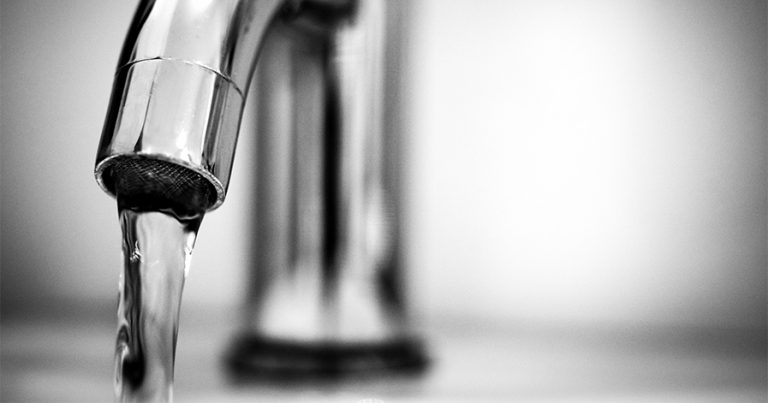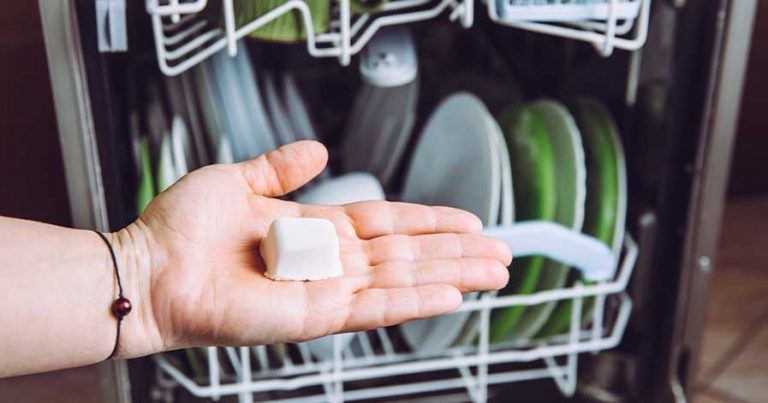Could Your Home Benefit from a Water Softening System?
Better All Around
You've probably heard the terms "hard water" and "soft water" used in regards to residential water systems, but you may not be sure what the difference is. The answer lies in the concentration of dissolved calcium and magnesium in the water. Hard water has high levels of both, but fluids treated with water softeners remove these impurities. Washing machines that use soft water yield comfier clothes; bathing in soft water is better for your skin, and glasses and dishes washed in soft water have a brighter, spot- and streak-free sparkle. You'll also notice less buildup on the tiles of your shower wall and fewer sludgy deposits in your bathtubs and sinks.
Water Softeners: It's Just Common Sense
Hard water treatment units that provide brand-name reliability make good home investments. Culligan water softeners are well-known for their unique features and patented technologies. The company makes a wide variety of water softening products designed for customers with varying needs and budgets.
GE water softeners are positioned as an affordable brand for the everyday homeowner. General Electric is world-famous for quality, and the company has a long and impressive pedigree, providing customers with reliable products for well over 100 years. GE also features an extensive catalogue of other household appliances, including dishwashers , microwaves, refrigerators and freezers.
North Star water softeners offer top-to-bottom quality, as the company manufactures more than 95 percent of its units' working parts on its own. Today, North Star is the largest manufacturer of residential hard water softener systems in the world.
The Cost of Soft Water Treatment
While the cost of a hard water treatment unit varies according to the manufacturer and model, you can expect to recoup your initial investment through the savings you'll enjoy thanks to soft water. For example, you'll find that your use of cleaning products will be cut in half when you clean your tubs, sinks and tiles with soft water. In addition, soft water extends the life of your tub, sink and tile surfaces, so you won't need to replace these nearly as often.
Hard water stain removal can be so problematic and costly that it's better to avoid it altogether. The hard water rings that form on bathtubs can be nearly impossible to remove, which often leads to complete tub replacement.
How it Works
The first thing you'll need to do is have your water professionally tested to see how hard it is. This will give you a better idea of what features you'll need in a treatment unit as well. Especially high hardness ratings will require a more powerful, reliable and heavier-duty machine than low or moderate levels.
Hard water softeners use a simple process: they find and replace the harmful magnesium and sodium ions in your hard water and replace them with softer sodium ions. All the water in your house will be run through a chemical matrix or bed of plastic beads contained in the softening unit. These structures are covered with sodium ions, and as the water runs through them, the sodium ions swap places with the magnesium and calcium. Eventually, your matrix or bed of beads will run out of sodium ions, at which time it will have to be regenerated.

